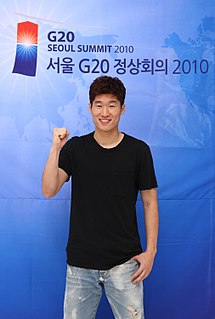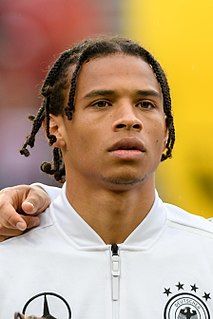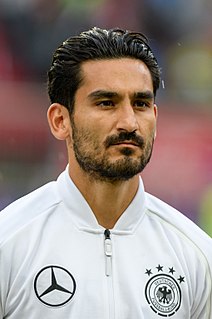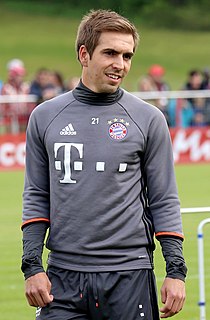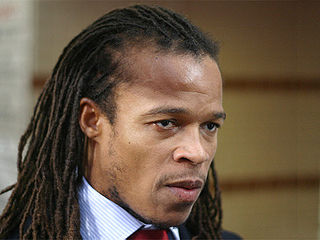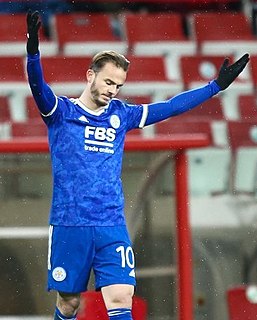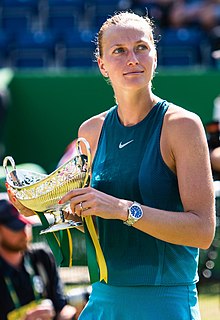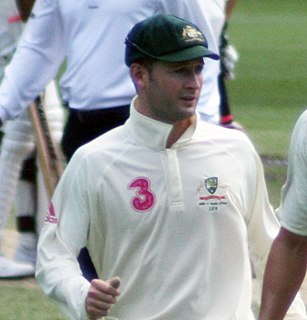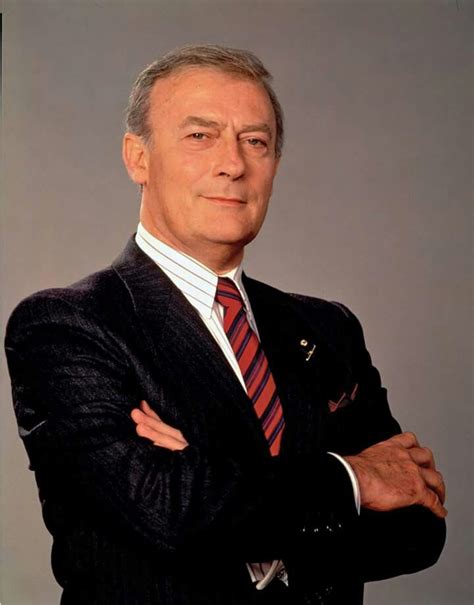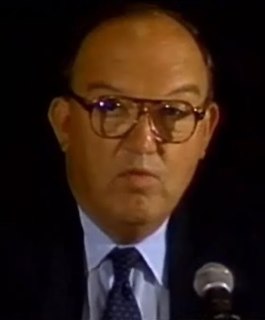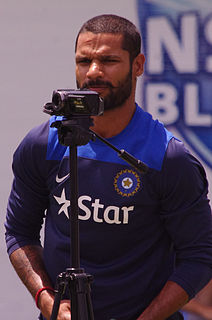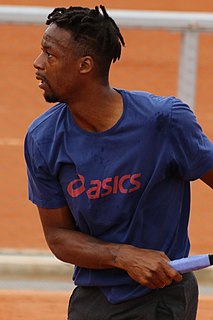A Quote by Park Ji-sung
Maybe one of my strengths was to bring the energy to the team, and then defensively, I contributed a lot compared to other players, which is quite essential for the big matches; you know, against big clubs, you need to be very cautious with opponents that attack.
Related Quotes
Some players are bought by other clubs with an eye to them developing into something special in a few years' time. Whereas there's a bit more pressure on some of the other clubs to bring in players who are going to be hitting the ground running and top players verging on world class almost immediately.
